LASIK Recovery Guide:
Time, Surgery Recovery Post-Op and Aftercare
Let’s take a look at the most commonly discussed questions about LASIK eye surgery recovery and post-operative care:
How long does the procedure take?
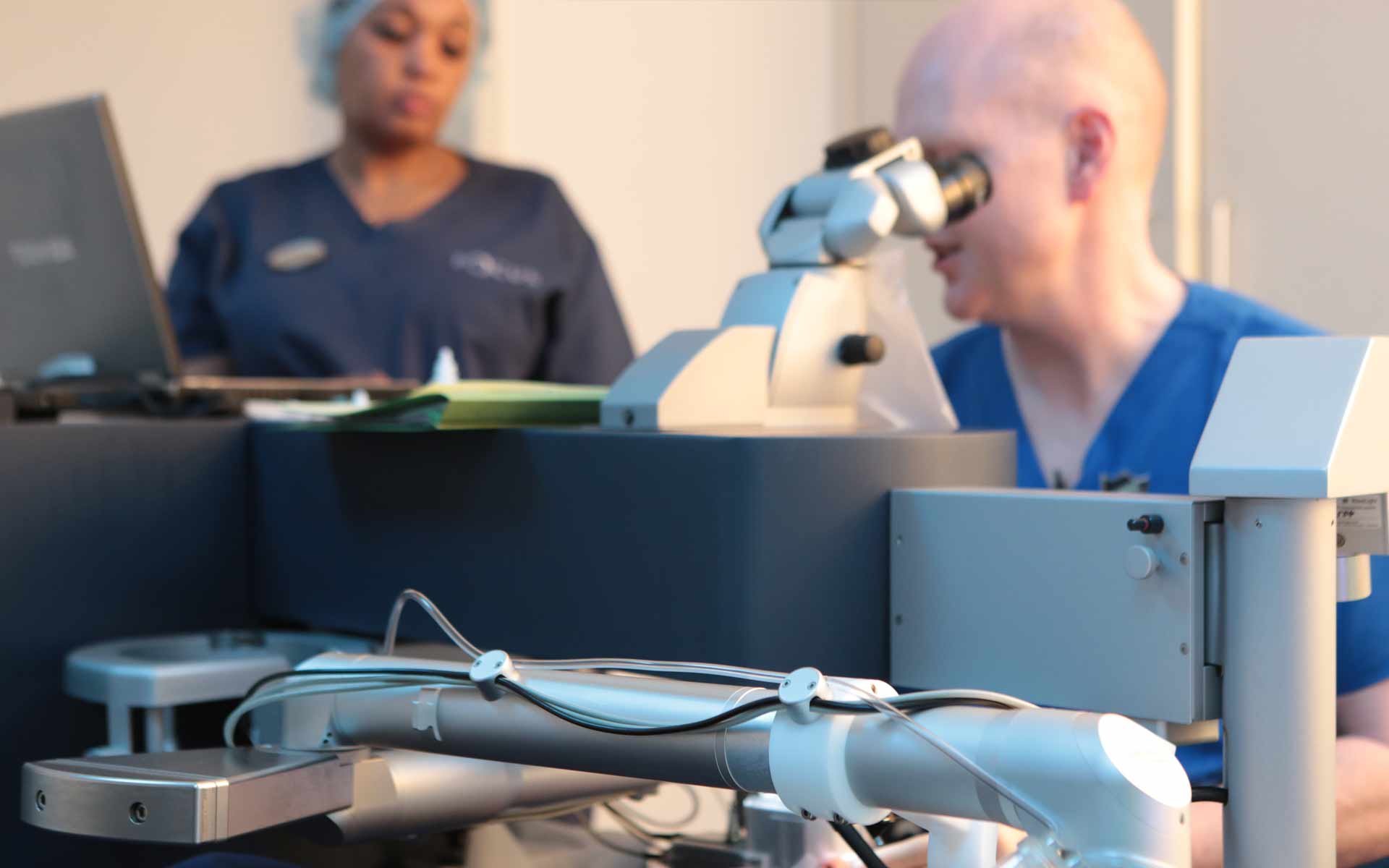
The LASIK procedure generally takes no longer than 10 minutes for both eyes. It is a routine procedure which has already been performed an estimated 50 million times around the world. Like all forms of surgery, the patient is also an active participant after the treatment has been carried out. Once the surgeon has done his part, it’s up to you to follow advice to ensure an uneventful and speedy recovery.
Although recovery is generally fast, with many people achieving sharp vision the day after the surgery, it’s important to remember that a healing process is taking place and great care is required.
What to expect after LASIK – Immediate Recovery
Laser eye surgery recovery begins as soon as the procedure is over, as the healing process begins immediately, and recovery may take up to 6 months.
The wound healing cascade is complex and gets activated during refractive surgery, be it LASIK or PRK. The refractive result, including other aspects of quality of vision, will depend on the wound healing response following a laser refractive procedure to be as close to the normal cascade as possible. Likely, you will also notice an improvement in vision, compared to your pre-surgery vision without glasses, as soon as the surgery is over. Larger prescriptions will often experience a ‘wow’ effect, as the improvement can be dramatic.
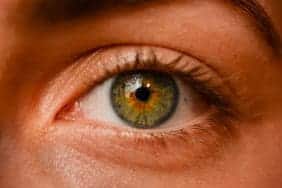
Small prescriptions, e.g. those less than 2 dioptres, may not notice an immediate change, but vision quickly improves over the following 4-6 hours. There will be an initial slight swelling of the cornea, which you may notice as a minor degree of fogging or haziness of the vision, causing halos around lights particularly at night. Most of this swelling is settled in 24 hours, although minor haloing can be seen during the first month.
As far as discomfort is concerned, the anaesthetic drops will wear off about 20-30 minutes after the procedure, and you may notice the following
Side effects:
- mild stinging
- watering
- dryness
- grittiness
- sensitivity to light
- redness
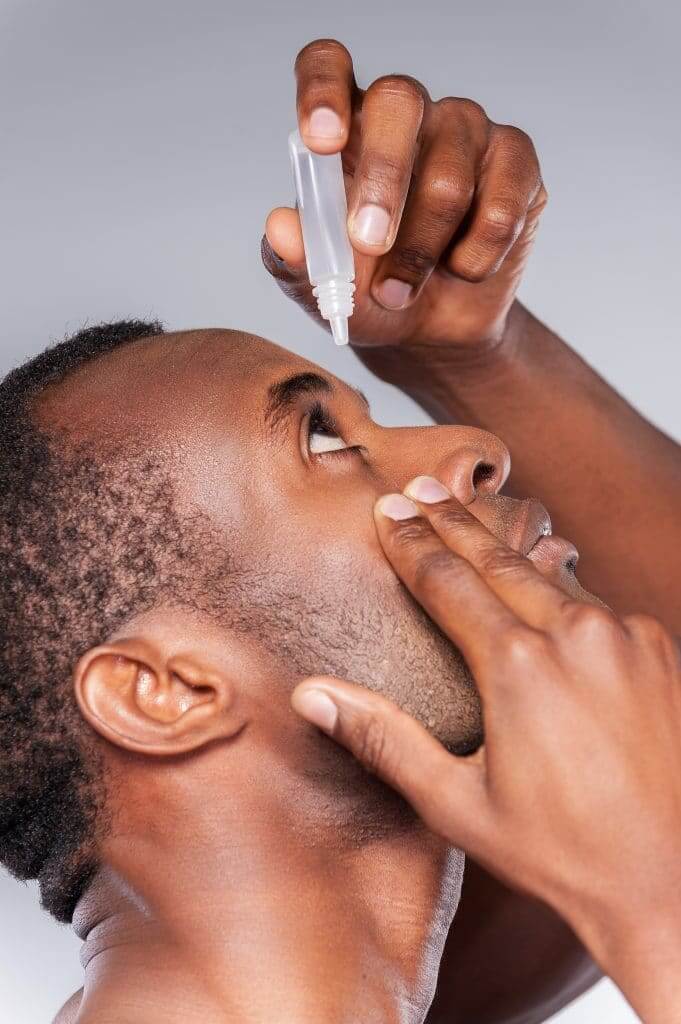
These are all normal, temporary symptoms and should not cause you to be alarmed. You can use the supplied anaesthetic drops in your post-operative pack, which are labelled TET and contain tetracaine anaesthetic solution. Each drop of anaesthetic will numb your eyes for around 45 minutes. You may use these drops multiple times until your eyes settle after approximately 4 hours.
You will need to apply your antibiotic and steroid drops regularly according to the instructions in your post-operative information to aid recovery. These drops will be used for the first week after surgery. The antibiotic drops will protect you against infection, and the steroid eye drop will help control healing and reduce any inflammation.
Patients undergoing PRK eye surgery will continue to use steroid eye drops for two months after treatment.
What To Expect During The First Few Weeks After LASIK Treatment?
The healing process progresses quite rapidly, with corneal swelling usually subsiding within 24 hours. This means that the haziness will start to clear on the first day, and any blur will become progressively less over the next 2-3 days. After 1 to 7 days, vision will be quite clear. It has been reported that people with higher prescriptions may experience a slower improvement in vision during their recovery than those with lower prescriptions, due to the increased laser energy required to fully correct the prescription.
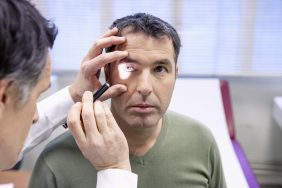
The slight feeling of dryness may remain for the first few weeks due to decreased tear production after vision correction. Lubrication of the eyes will continue to improve for 3-6 months afterward and artificial tear drops will be used regularly until the eyes feel normal.
The prescription will usually settle to its final result over 2-3 months, but maybe up to 6 months depending on the individual and also on the severity and type of the prescription. Long-sighted laser eye treatments will take longer to settle down than short-sighted treatments. People with higher prescriptions, although they may notice a bigger initial improvement, may take longer to heal completely. During this time vision will continue to improve gradually.
The Importance of Excellent LASIK Aftercare
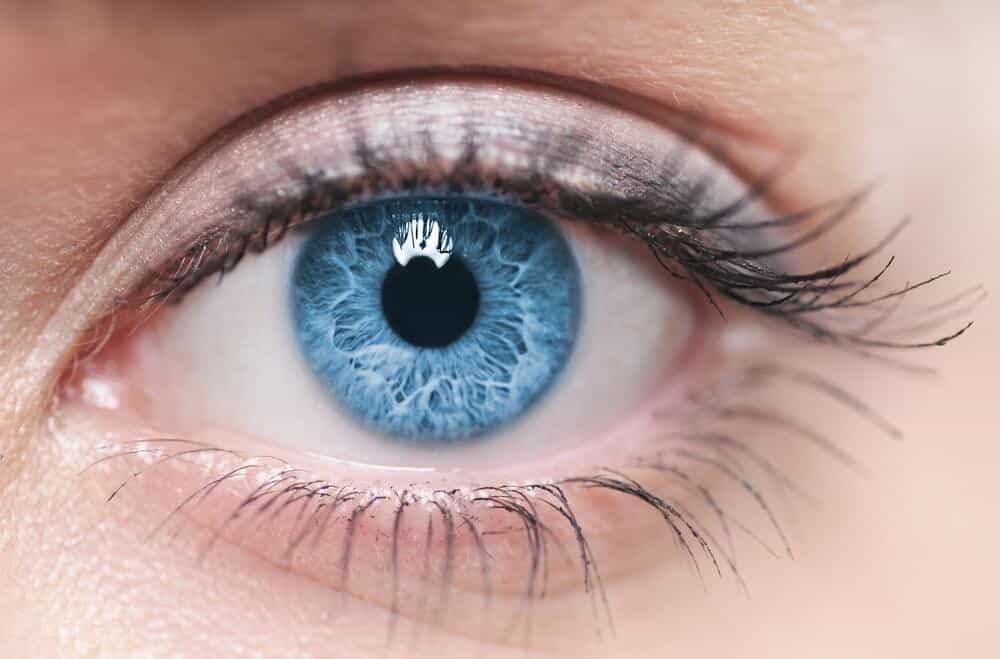
Aftercare regimes may vary slightly from one surgeon to another but the main rules are basically the same. It is important to always follow the advice of your clinic, attend appointments as requested and always use any prescribed drops or medications. Hopefully, your recovery after the procedure will be uneventful and without requiring any additional steps. It is normal, however, that you may require additional attention following treatment or modification of the drops you are using.
If you do need additional care to address a post-operative issue, it is important that you can get quick access to your treating team and be reassured by seeing the same people at each visit. This may be facilitated by choosing a clinician-owned specialist refractive clinic rather than a large corporate chain.
Aftercare Appointments Schedule Following LASIK
The optometrist will see you for regular check-ups following surgery. Routinely the postoperative check ups for LASIK are at one day, one week, one month, six months and one year.
Schedule of post-operative aftercare visits following LASIK and what is most important
Post-Op Time | Checking for |
|---|---|
1 Day | Flap healing, infection, inflammation, visual acuity. |
1 Week | Visual acuity, refraction (prescription), inflammation, dry eye, flap healing, baseline post-operative scans. |
1 Month | Visual acuity, refraction (prescription), dry eye, flap healing. |
6 Months | Visual acuity, refraction (prescription) and assessing if enhancement is needed (1%). |
1 Year | Discharge appointment – visual acuity, refraction (prescription), eye health. |
At each check-up the optometrist will record your visual acuity and examine the recovery of your eyes to ensure the cornea is healing well.
Almost all LASIK patients at day one will notice their vision is great and the majority of patients are able to read the 20/20 line. Some patients can report slight hazy or cloudy vision even though they can see well. The optometrist will explain this is normal as your eyes will still be healing and the eye drops can cause some blur to your vision. The optometrist will advise you on the precautions to take at each stage and measure any dry eye after one week. This can help to tailor and manage dry eye treatment if required. It is normal for the vision to fluctuate in the early few months of treatment due to dryness affecting the surface of your cornea (the clear window at the front of the eye).
At each visit after the first day, your optometrist will measure your vision and prescription. If the optometrist finds your level of vision to be reduced at any point post-operatively, you may be asked to attend an additional appointment to see if this will improve spontaneously or whether an enhancement (re-treatment) may be needed. For most prescriptions at Focus Clinics, this only occurs in only 1% of cases. (Published studies generally show a more frequent rate of needing a second procedure, at between 3% and 9%.) This is usually performed after six months to ensure the prescription is stable. Re-treatment is easily performed at this time with the procedure taking around 4 minutes to complete.
At your one-year check up you are usually discharged to the care of your local optometrist. It is recommended to have a routine eye examination every one to two years to continue monitoring the general health of your eyes.
Laser Eye Surgery Aftercare Treatments And Advice
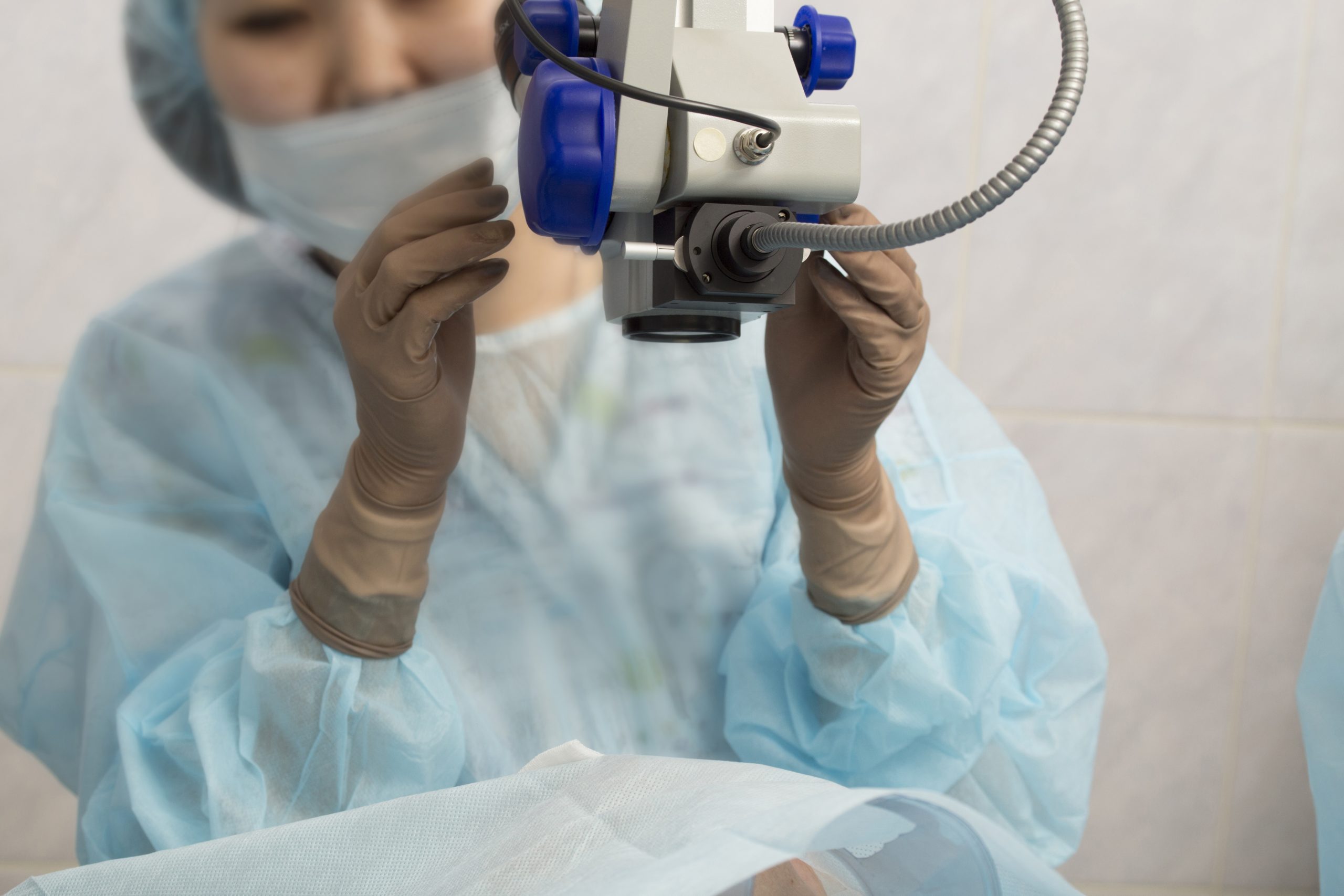
Immediately After Your LASIK procedure
Although you may be feeling perfectly normal directly after the procedure, a few steps of caution must be taken:
- Eye drops – Your surgeon will prescribe you an antibiotic eye drop to prevent infection, a steroid eye drop to prevent inflammation and also a lubricating eye drop to help dryness. These may cause slight stinging or blurring initially.
- No Driving – You must arrange transportation home before the procedure as there is strictly no driving on the LASIK treatment day. Most patients are able to recommence driving after their first day post-operative check-up appointment.
- No rubbing – Rubbing the eyes can displace the corneal flap and lead to complications. This risk is mainly on the treatment day itself, but one should always be careful during first 7 days after surgery.
- Sleep – This is the best remedy, as it is when most of the healing takes place. Two to three hours of sleep help the corneal epithelium begin its healing and help the stinging subside.
- Eye Shields – Your surgeon will give you protective eye shields to wear while sleeping. These will be applied over both eyes (or only one eye if you had unilateral treatment) and held in place with medical sticky tape.
- Pain Relief – This may not be necessary but can be given to relieve any discomfort.

Your first post-operative appointment will be 24 hours after the LASIK procedure, at which time a clinician will check the condition of your corneas and ensure there is no infection or adverse effects. He or she will also give you advice for the following few weeks, and see you again at regular intervals during the first 6 months. The next appointment is most commonly a week after surgery.
However, if you experience any pain redness, discharge or a sudden decrease in vision before your next appointment, contact your doctor immediately. Specialist clinics will provide you with your surgeon’s mobile telephone number.
The first few weeks of recovery after LASIK
The following precautions must be taken to avoid injury and infection, and will be stressed by your surgeon or optometrist at your first post-operative appointment.
- Eye drops – the lubricant must be continued for 3 months but the antibiotic and steroid can be discontinued after 1 week, unless you are advised to the contrary.
- Eye shields – continue wearing these for the first week.
- Driving – driving may be resumed on the second day once your vision is confirmed to be above the driving standard without glasses.
- No rubbing – this should be avoided for the first month during the healing process.
- No dust and dirt – avoid dusty environments and gardening for 1 week.
- No sports – avoid sports and exercise for a week after the procedure, and avoid contact sports for at least a month. It may be advisable to wear eye protection for contact sports for the first 3 to 6 months, such as playing squash.
- No tap-water – keep tap water out of the eyes for a week after surgery, so wash hair with caution.
- No swimming – Avoid swimming pools, saunas and hot tubs for at least 4 weeks.
- Sunglasses – wear sunglasses at all times for the first week, as your eyes may be more sensitive to light.
- No make–up – eye makeup should not be worn during the first week, and all eye make-up should be renewed.
- Smoking – smoke may irritate the eyes during the first week.

Complete laser eye surgery recovery can be expected to take up to 6 months for most prescriptions. You should, however, be able to resume all your usual activities by one month after treatment, with the exception of some contact sports, such as martial arts. Keep your eyes well lubricated during the first few months, especially when using a computer screen. Your laser eye procedure should continue to give you a clear vision for many years into the future, so enjoy your new vision and freedom from glasses or contact lenses.
During the first few weeks following PRK or LASEK
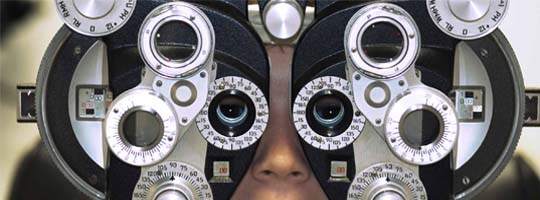
PRK differs slightly as the healing time takes longer the first check up is on day three when the bandage contact lens is removed from your eye. The optometrist will then review you again at two weeks, six weeks, three months, six months and one year.
PRK patients will find their vision improves after the bandage contact lens is removed on day three and notice a greater improvement by one week. These patients tend to find more fluctuations in their vision day to day with eyesight fully stabilising at three to six months after treatment.
Book a Free LASIK Consultation Today
LASIK is a life-changing surgery that can help you see clearly and live your life to the fullest. But like any surgery, it’s important to know what to expect before, during and after the procedure.
At Focus Clinics, we want you to be as comfortable and confident as possible with your decision to have LASIK surgery. That’s why we offer free LASIK consultations, so you can learn more about the procedure and ask any questions you may have.
To book a free LASIK consultation with one of our expert surgeons, please contact us today.
Further reading about LASIK surgery:
FAQs
LASIK is a same-day surgery, which means you can go home the same day as your procedure. Overall, the LASIK recovery period is short. Most people see well enough to return to work and other activities within a day or two of their surgery. However, it can take up to six weeks for your vision to fully stabilise.
You may experience mild pain and discomfort immediately after LASIK surgery. This is normal and usually subsides within a day or two. Your surgeon will prescribe a pain reliever to help you through this period.
No, you should not watch TV immediately after your LASIK surgery. Immediately following the procedure, your eyes will be sensitive to bright light. You should avoid watching TV, using a computer or looking at your smartphone for at least 24 hours.
LASIK recovery is typically short and easy. Most people can return to their normal routine within a day or two of their surgery. However, it can take four to six weeks for you to see the full results of your surgery.
During the first few days after your surgery, your vision may be a bit blurry. It is important to follow your surgeon's instructions during the recovery period. This will help ensure a successful outcome and prevent any complications.
Book a FREE* Consultation
To get a better idea of how we can help you, and also the different types of services we offer, book a consultation now.
Why Choose Us?
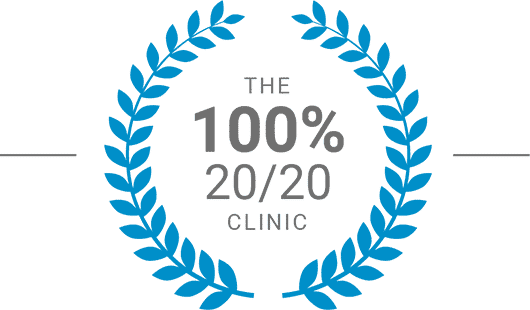
100% 20/20 vision
Focus Clinic has a remarkable 100% success rate for 20/20 vision. We know of no other clinic that has matched these results. There is a big difference between, for example, 98% and 100% success, especially if you are in the 2%.

10 year guarantee
Your 10 Year Guarantee means you can return at any time if you have additional questions on the quality of your vision. If you have distance vision correction for short-sight then any repeat laser eye treatments to correct a return of myopia in the first 10 years are included free of charge.*

Most trusted eye treatment clinic
We have the highest trust rating of any ‘eye treatment’ rated clinic, according to independent review site TrustPilot. With an outstanding 9.9 out of 10, when it comes to your eyes, choose the clinic that actual patients trust the most.
*Terms and conditions apply, excludes any age-related changes and conditions unrelated to the primary treatment







